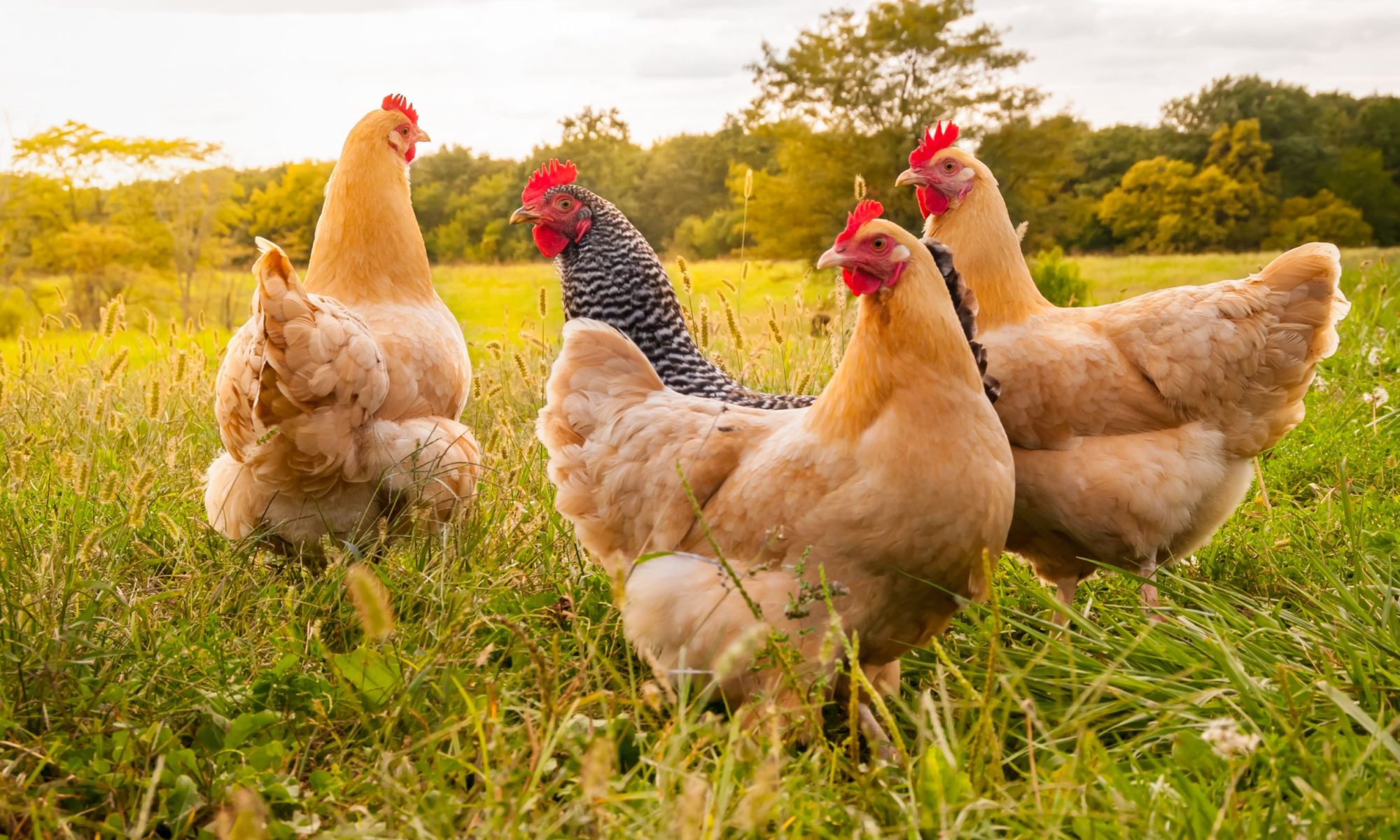With an increasing public interest in topics like farm-to-table dining, humanely raised meat, or the environmental impact of agriculture, it seems that a lot of us are asking ourselves more challenging questions about our food choices Because ethical choices involve reasons and values, they are easy to argue about and contest. Taking food ethics seriously requires that we don’t simply take a stand on one ethical position – such as veganism, or plastics, or fair trade. It requires that we try to consider all the different values involved in our food choices, that we consider all the consequences, and try to decide what is right.

Ethically sourced products are not necessarily certified organic, the process to obtain and maintain such certifications are costly, and often beyond the means of small suppliers. Just as important as official labels are the ethical practices in producing the goods we choose to buy. Certain methods of food production and certain types of foods have greater environmental impacts than others, whether it’s the abuse of animals, the exploitation of workers, the failure to offer healthy foods, or environmental devastation.
We want to promote respect for the land, the soil, the animals, the farming communities and the workers who produce the products we buy. As far as we possibly can, we choose local products. We want to minimise food miles as much as possible. This is not only carbon friendly, but the product is fresh and because everything is pre-ordered, there is zero wastage.
Buying directly from the farm is always much cheaper. The supermarkets, distributors, and retail shops all add to the price you pay. But if you wanted to just save money you’d buy in bulk from the cheapest wholesaler, which usually means the poorest quality filled with preservatives to allow it to sit on a shelf. These supermarkets and large corporations also use plastic & preservatives abundantly & waste prolifically. It is easy to forget just how horrific and destructive supermarkets are. When we hand over money, it supports whichever company we are buying from. In South Africa, 97% of the formal retail food sales go through the big supermarket chains. A large market share allows them abusive market practices.
Buying through Ethical Meats & Treats, you avoid the supermarket. We try to make it as easy as possible. We allow you to purchase specifically chosen, high quality produce at lower costs than the supermarket because the food is delivered straight into our hands.
Retha
